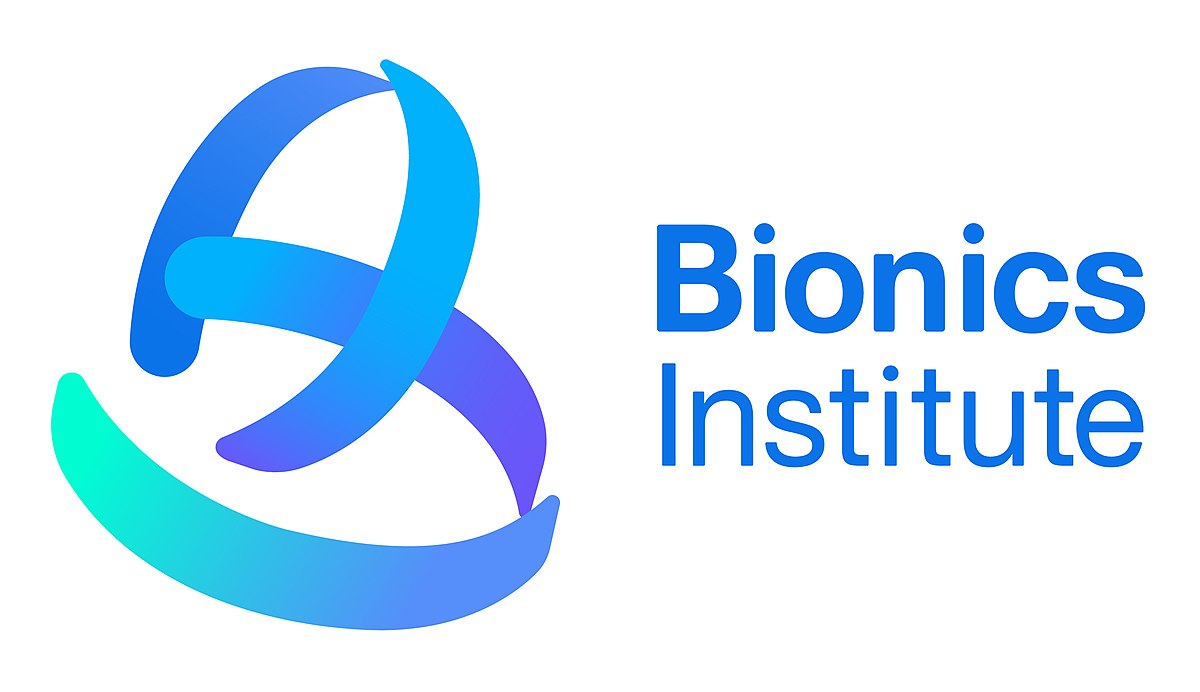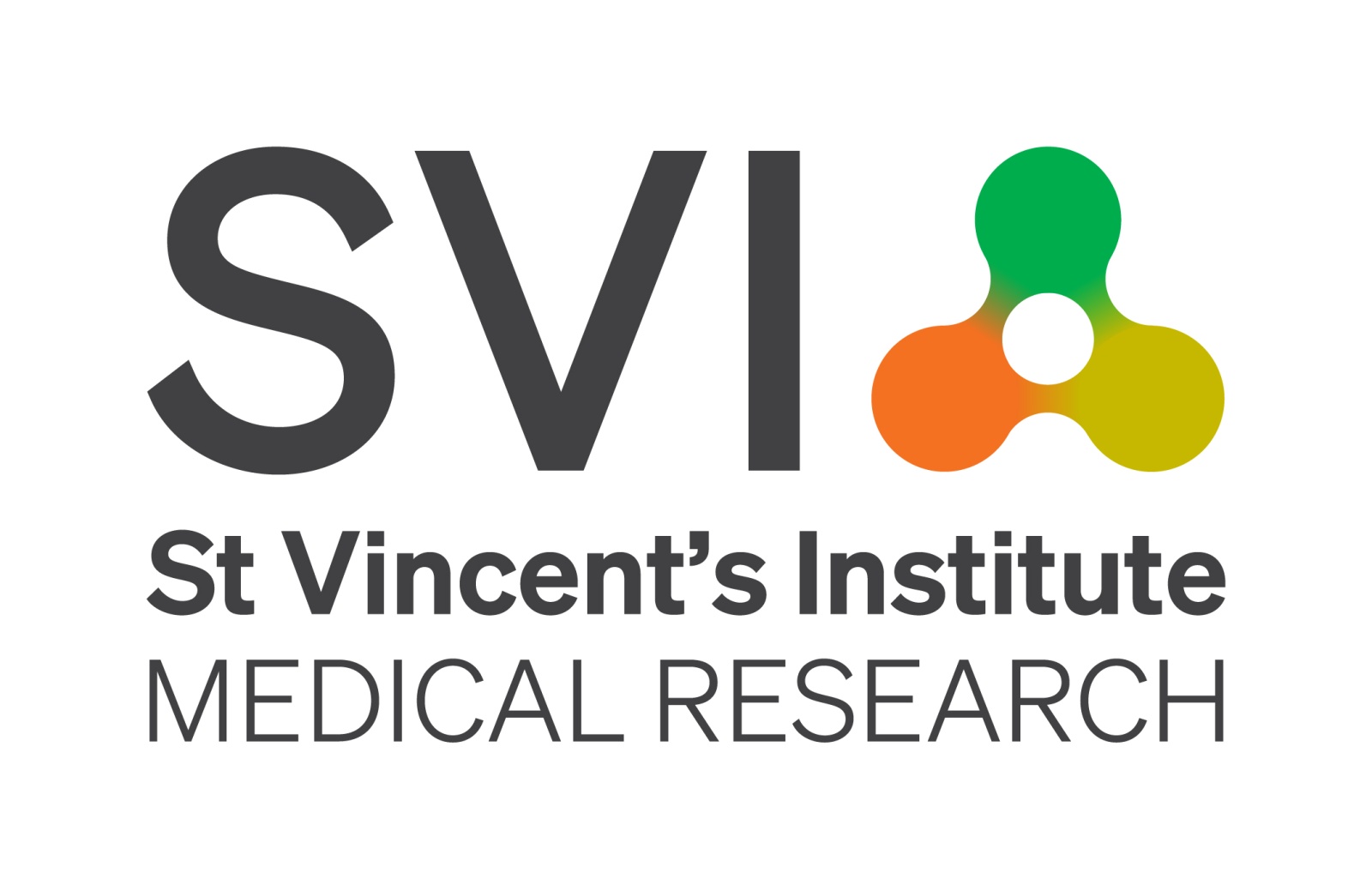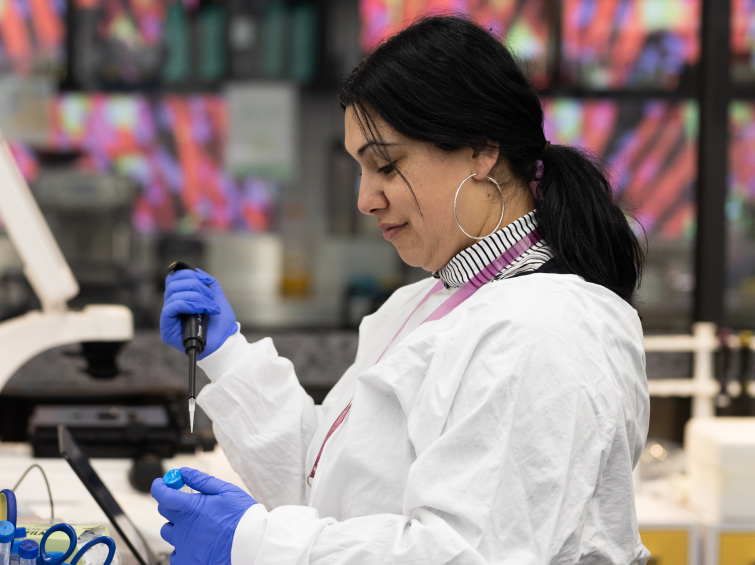
Research

A pioneering initiative to help combat osteoarthritis.
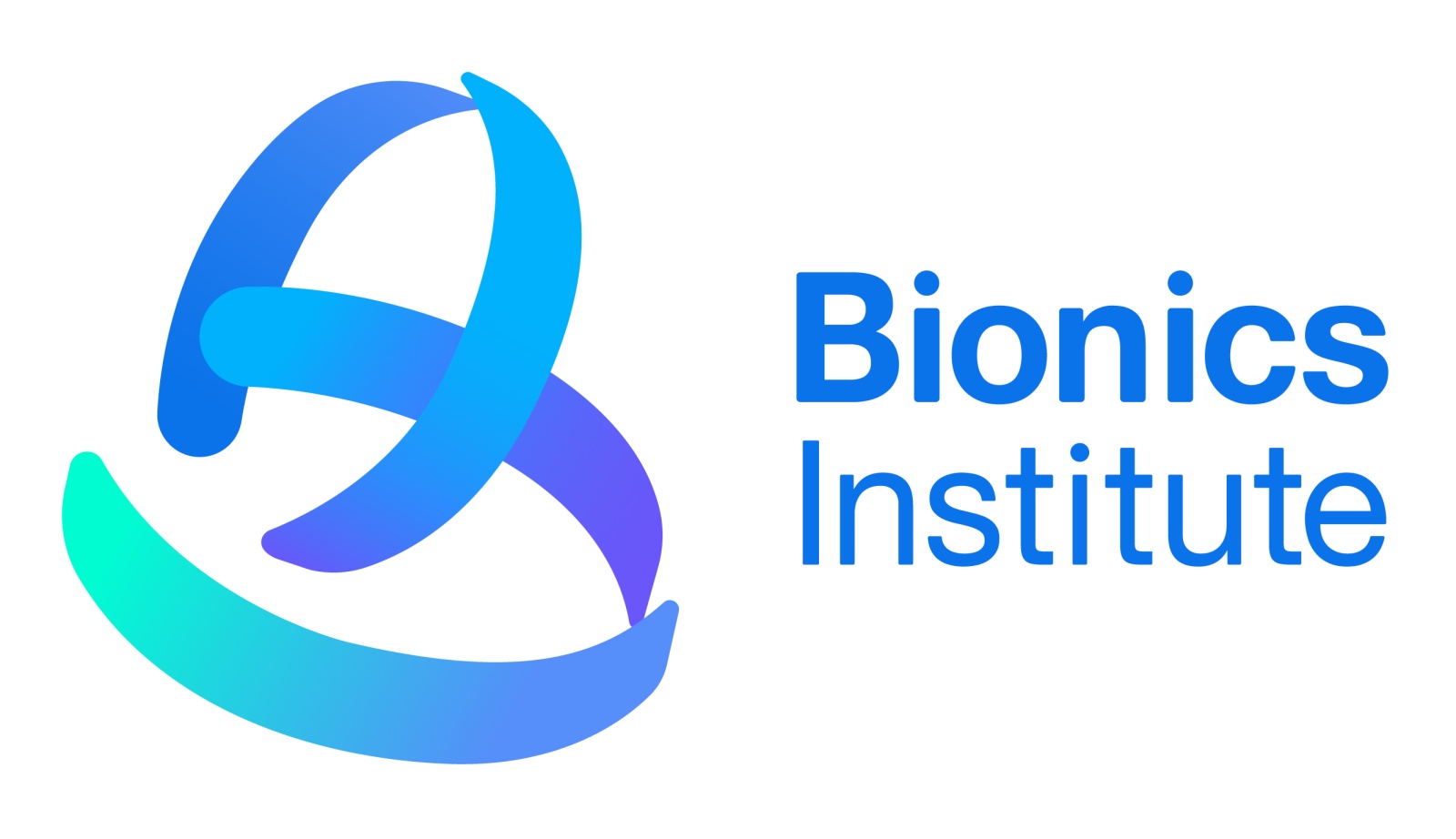
A novel device for managing inflammatory bowel disease.

An implant model designed to monitor brain seizure activity.
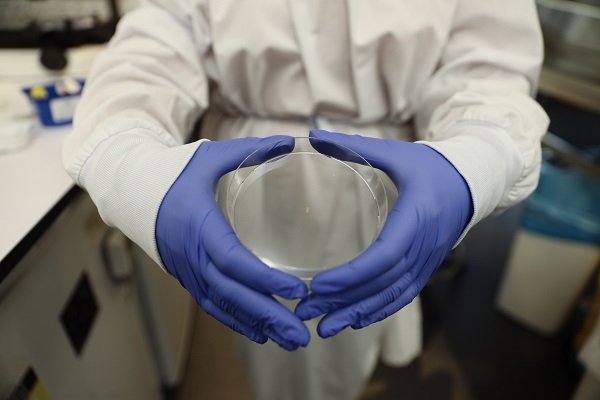
An implant to provide targeted delivery of chemotherapy into the tumour of pancreatic cancer patients.

A micro-sized implant for glaucoma sufferers to prevent blindness.
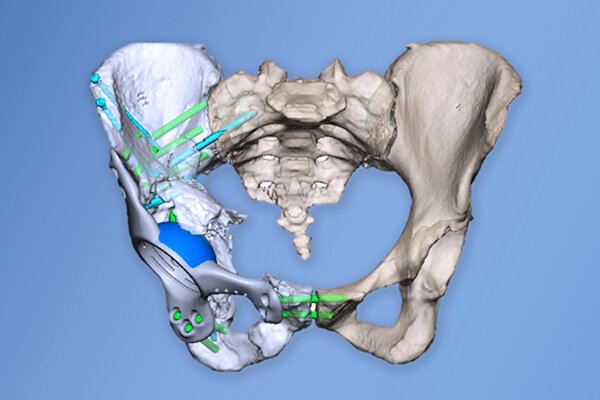
Revolutionising bone cancer treatment with 3D-printed implants.

Transforming breast cancer screening with artificial intelligence.
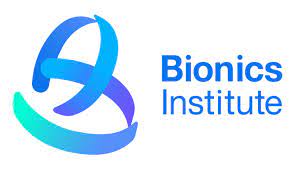
Enhancing the precision of neural stimulation in bionic devices.

Targeted delivery of medication to the brain via an abdominal pump to treat drug-resistant focal seizures.

Using artificial intelligence to improve safety in gallbladder surgery.
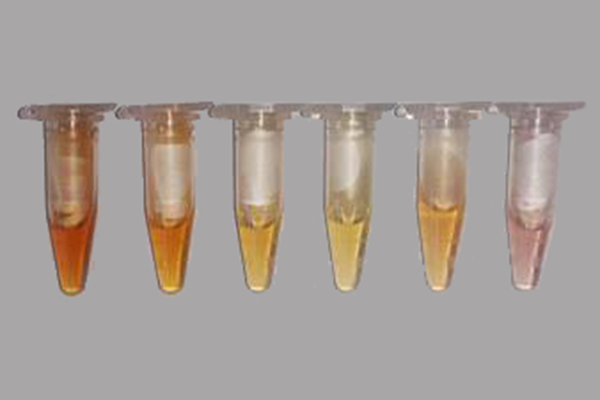
Developing nanoparticles to help prevent antibiotic-resistant infections in implants and wound dressings.
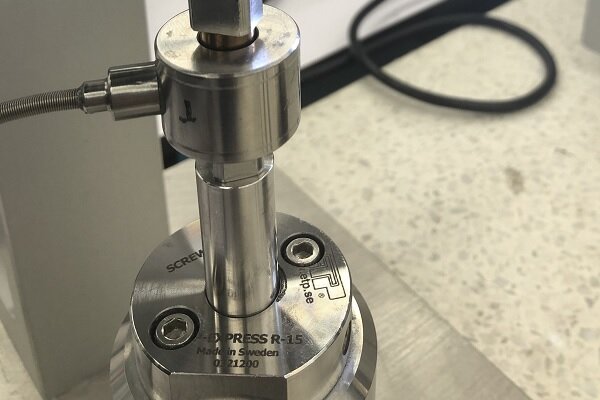
Developing biomaterials for seamless integration in cartilage repair.
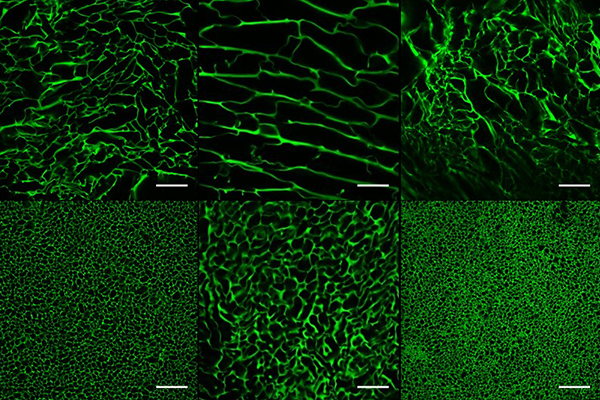
Developing nerve guidance conduits for improved peripheral nerve repair.
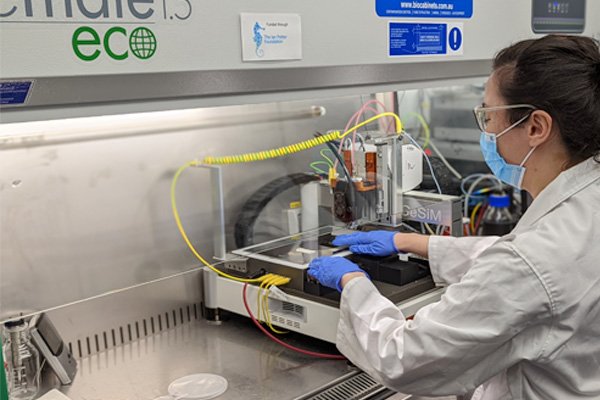
A 3D-printed model capable of creating an artificial material to repair lost or damaged skin.

The pure-science stage – where new ideas are born, and researchers contribute to an increase in knowledge and understanding.
Laboratory-based research activities address specific problems and explore a wide range of potential approaches towards clinical solutions.
Targeted projects focused on meeting clear clinical and technical objectives that are compliant with regulatory requirements.
This stage begins to explore how the project, method or device can be used to benefit patients.
This encompasses many different activities, including transfer to commercial entities, spinouts, licensing, manufacturing scale up, and attracting investors and market development specialists.

